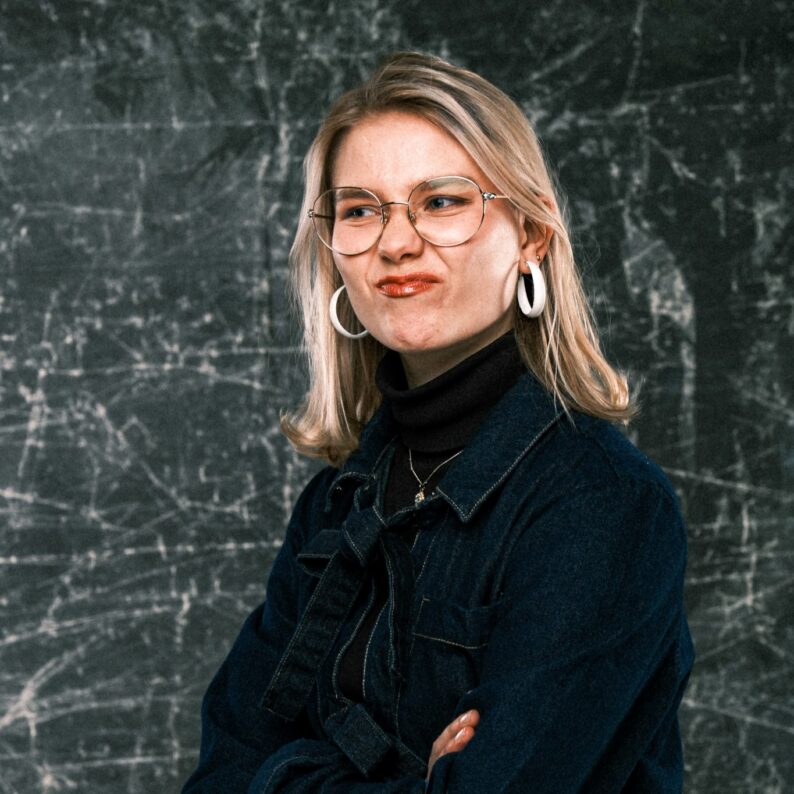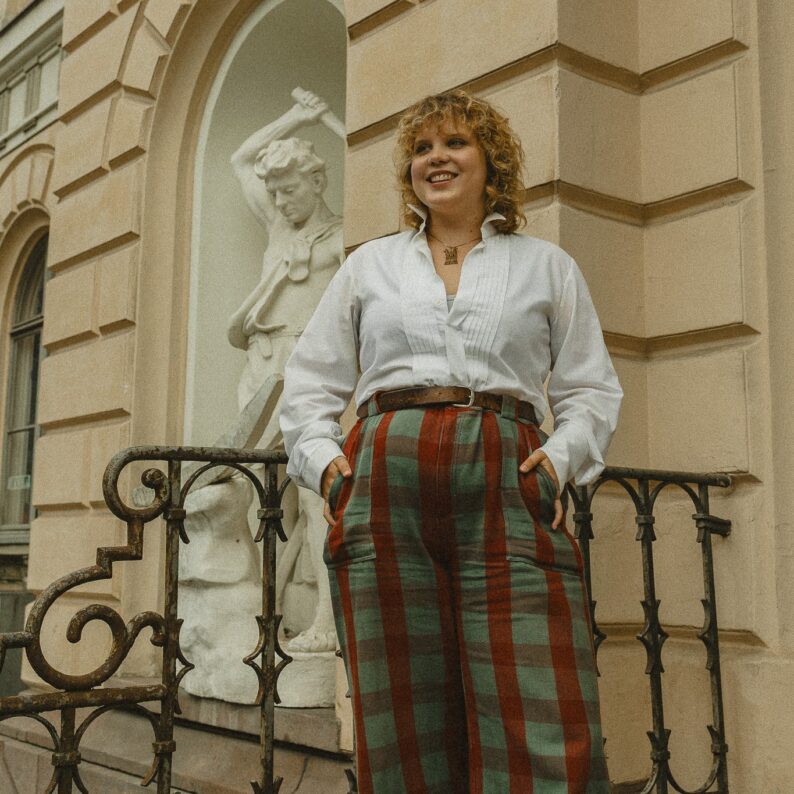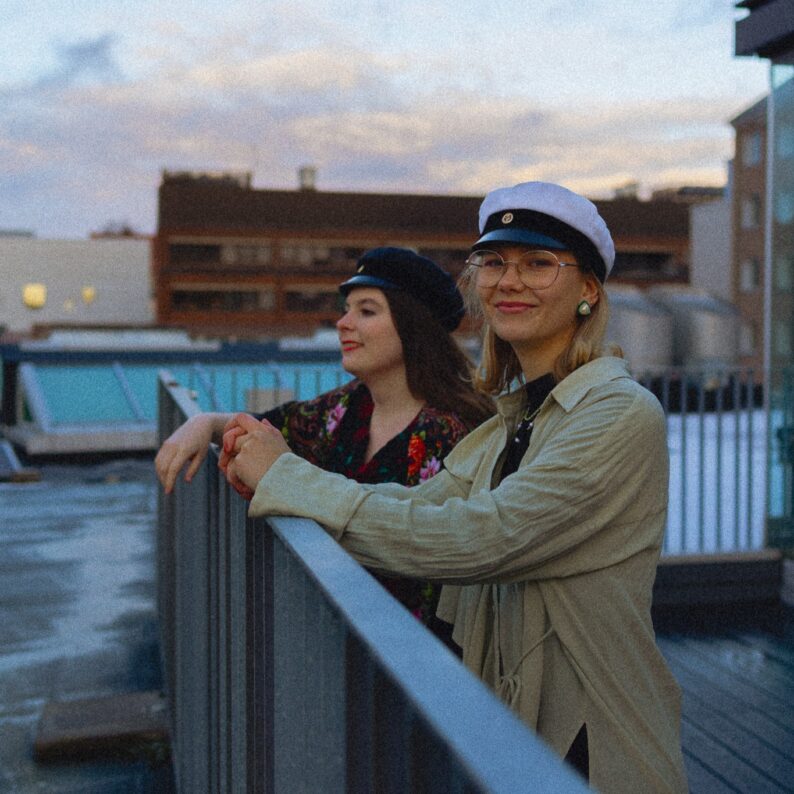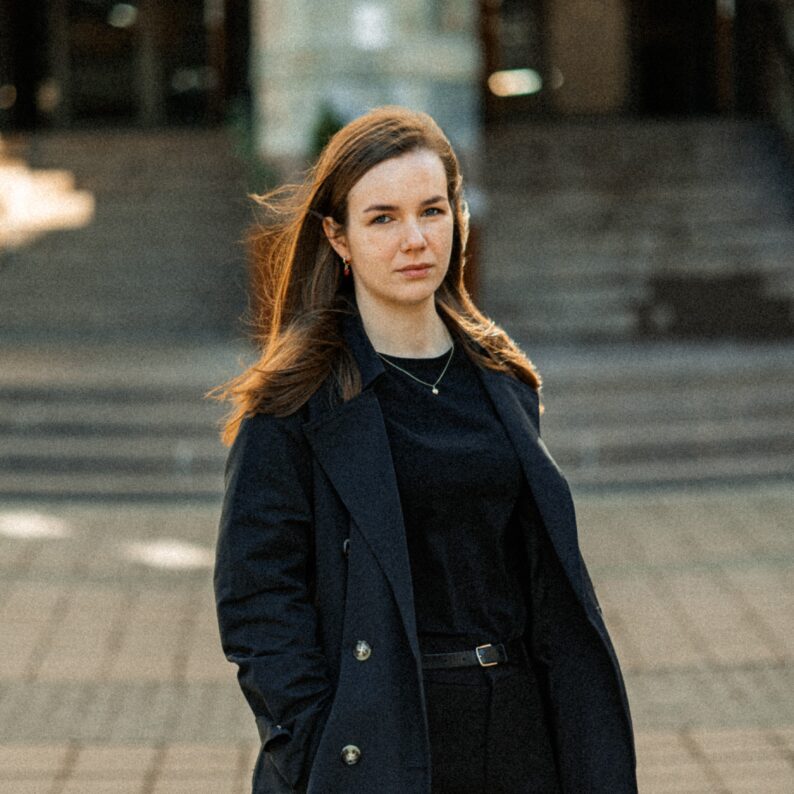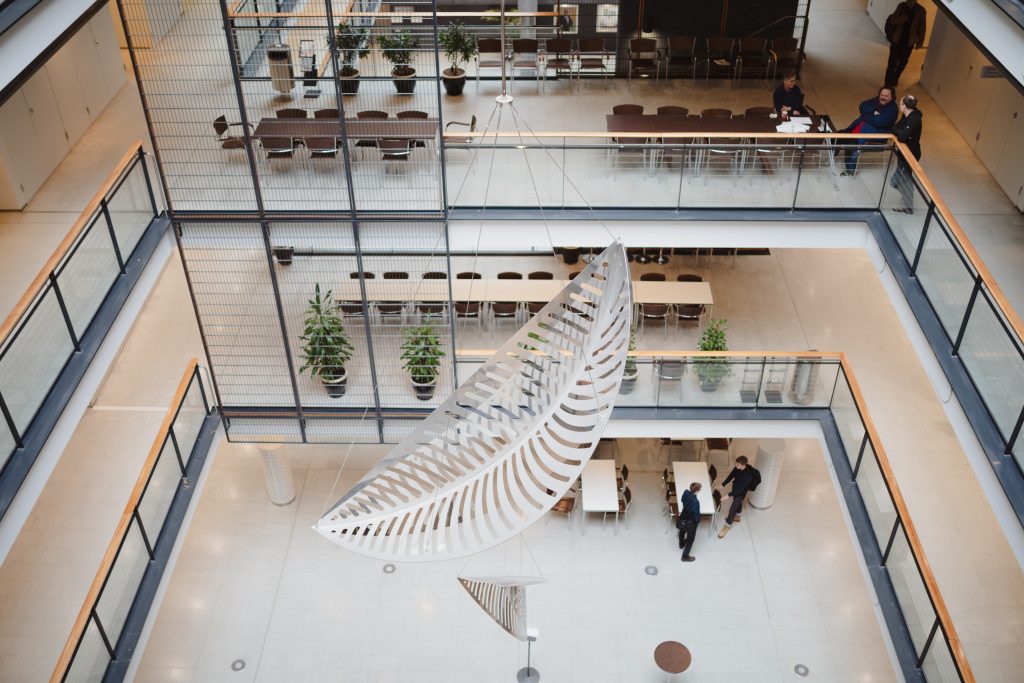


Dreams and values at the University
Different kinds of dialogues were already used by the ancient Greeks to help comprehend the fundamental nature of reality. Dialogues are used to build bridges between people, find common realities and conduct research. ‘No man is an island’, as John Donne wrote in his poem, which later inspired Ernest Hemingway.
The philosophers of Ancient Greece paved the cities’ roads with debates on values and virtues – that which is worth striving for in life. We are still engaged in the same discussion – just like we should be. Modern dialogue at the University takes place among students buried under exam pressures, professors cursing their workload and the academic management of the universities. What do we want?
Let’s move to the present-day University of Helsinki:
The library door opens, and light steps bound across the white floor. A veil of silence lingers in the shadows of the bookshelves, only lifting occasionally when book pages are turned, while the spines of books wander the shelves. The others are already sitting around the table, catching up or reading the news of the day.
‘Hi everyone, sorry I’m a bit late.’
A distinguished person sitting on the left side of the table adjusts their glasses.
‘Hi there. We’ve just started discussing things here. What we want as a community during the next ten years and all that. The world’s changing, but we should not lose our original purpose.’
Another person sitting around the table nods their head behind their coffee cup.
‘We’re really glad that you could make it. We consider communality so important. No man is an island – we need each other. Your perspective as a student is important when we start thinking about our new direction together. We need trust between people and an exchange of ideas.’
‘Of course,’ the student answers and continues:
‘It’s great to be involved in coming up with the value base we stand on to face the new, global crises. Our values and ideas on what’s relevant are probably different in some ways, but that just helps us have a diversity of voices in our perspectives – a bit like a painting full of nuances. A horizon.’
‘Right away, I can say that I’m here because of these,’ the young student continues, pointing to the bookshelf behind them. ‘Not because of the physical books in particular but because of ideas. I think this is, above all, a place where you should be able to find yourself surrounded by information, to grow as a person and to develop your way of thinking.’
The distinguished person on the left gestures for a turn to speak.
‘I’m so glad that we’re finally talking about education! You will learn, both on lectures and in parties – and we will learn, too. Besides studies, this community provides you with many tools you can use to solve the challenges you might face in the future.’
The third person, who has dark bags under their eyes, sips their coffee and clears their throat before speaking:
‘I think that truth – seeking truth and understanding its nature – is our basic purpose. When we’re planning courses, we want to come up with a framework for the whole community, a kind of foundation for our building. It’s good for people to be in our academic cradle.’
The student taps their nails on the table before stopping suddenly.
‘For the things you’ve mentioned to be realised, we also need freedom. Freedom, of course, always comes with responsibility, but I believe that we’re a community that takes responsibility when needed. Our freedom should, perhaps, include freedom to fall asleep on a lecture after a late night, but also freedom to learn about things that stimulate our mind.’
The coffee cup is almost empty, and the newspaper has been read through once or twice. The student speaks up once more to say their closing remarks:
‘I think we’ve forgotten critical thinking from our palette. Without it, we’ll get nowhere as a community. We need a healthy and smart critical mindset without judging others – the university as a gatekeeper of information cannot just swallow things whole. We’re the real think tanks, we’re the university.’
The group exits the library, with only a single post-it note left behind on the table. This is what it says on the note:
Attached is a link to the values of the University’s Strategic Plan 2021–2030 and the Chansellor’s pitch.
*The scenario described above is completely fictional.
Aleksi Rytkönen
The blog’s author is one of three HYY’s Board members responsible for educational policy.
